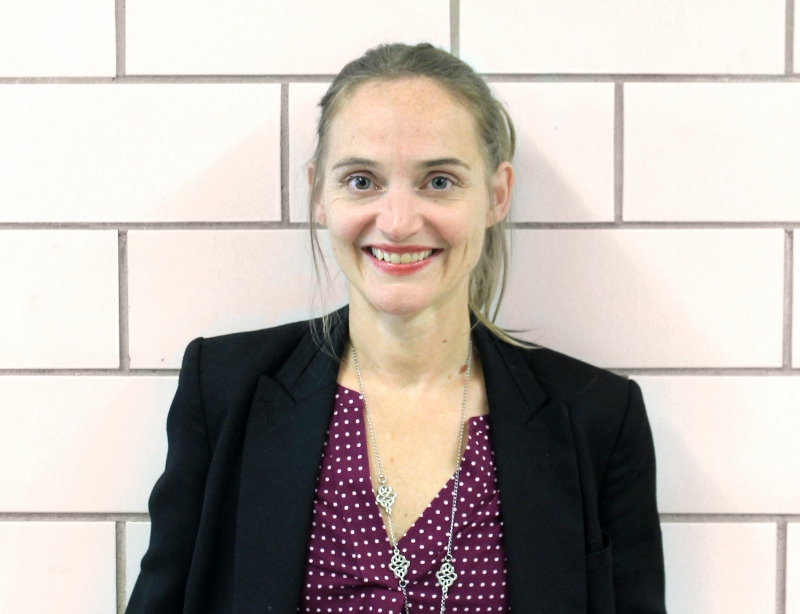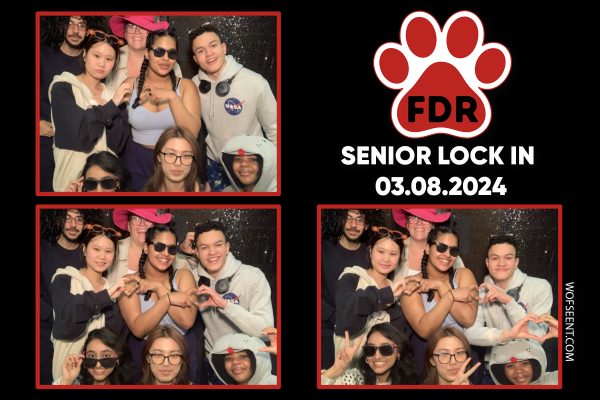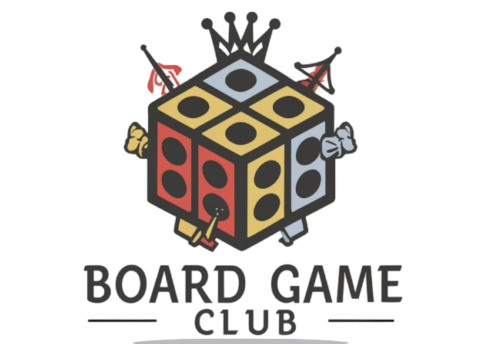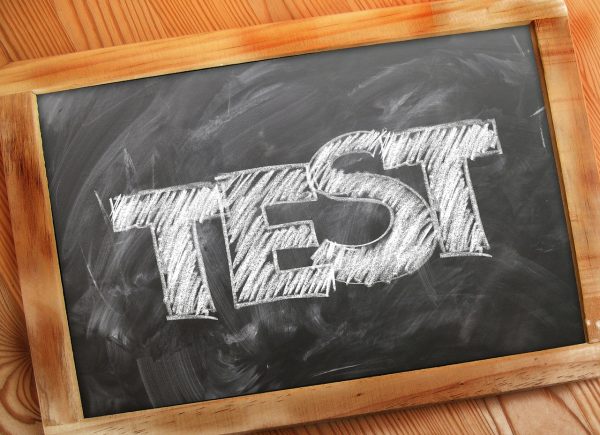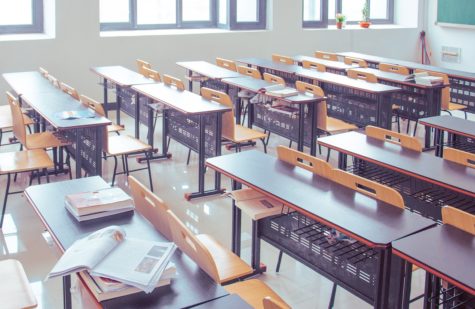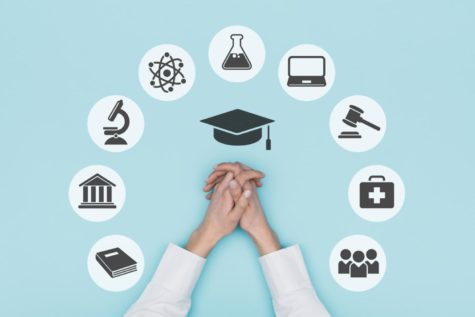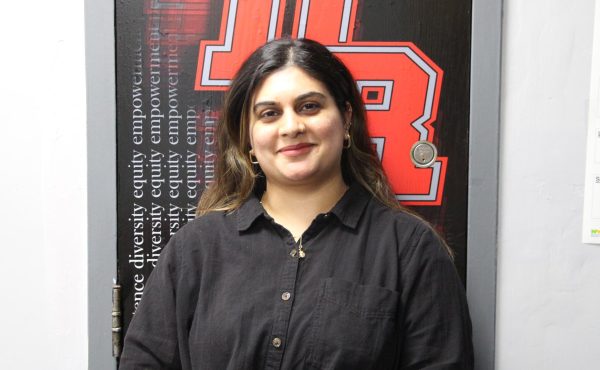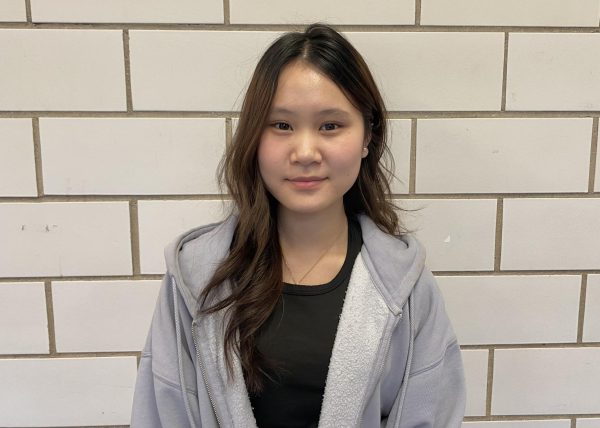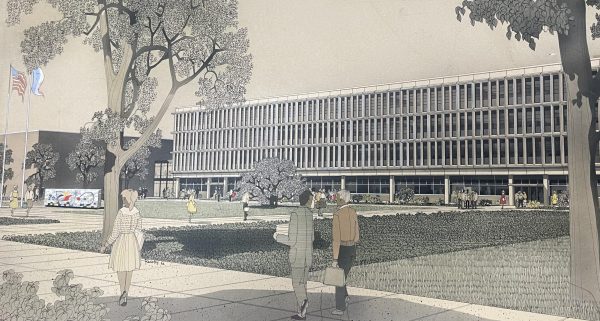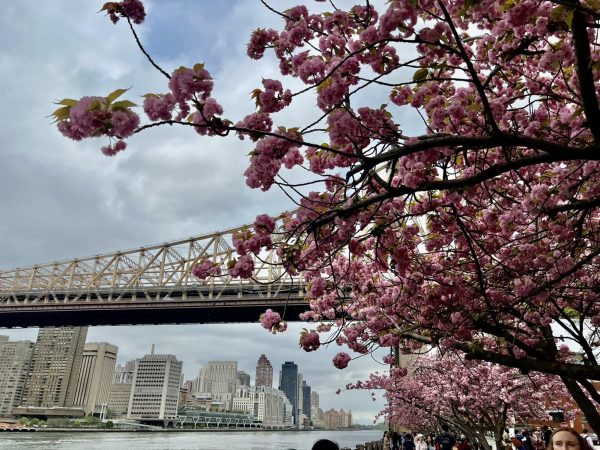Ms. Messmann Interview: Focusing on MLLs and ELLs
The New Dealer was lucky to interview Ms. Messmann about the challenges our Multi Lingual Learners (MLLs) and English Language Learners (ELLs) have faced during online learning. Here is our Q & A!!!
1-How have Foreign Language students been handling their remote learning experience this semester?
Students who are learning English or speak English as their second, third, or fourth language are called Multi Lingual Learners (MLLs) or English Language Learners (ELLs). The state of NY actually stopped using the term “foreign” in reference to languages because of the negative connotation and white supremacist implications.
These students (MLLs and ELLs) are incredibly diverse and therefore have had diverse experiences in the transition to remote learning. Some students were more prepared than others, some had more English language proficiency and technological fluency than others. Home life, the ability to study and learn without interruptions etc.. also play a huge role in the ability for a student to be successful in remote learning.
2- What type of issues has the transition from in-person, to remote learning, brought to the World Language department and students who do not speak English fluently?
Teachers in the ENL & WL department are very invested in the FDR student body. We have noticed and tried to assist students who are learning how to navigate technology they may have had no experiences with prior to March 2020. As a result, we created a tech bootcamp for IT support. We also piloted peer tutoring in conjunction with the NHS.
We have lost touch for extended periods of time with students who had no devices. Over 1/ 3 of students at FDR (more than 1000 students) did not have devices when schools closed. Many students have had to discontinue school to work and to survive. This has taken a toll on the teacher’s morale. We are sad and we miss our students. It also means that many students are now taking their current classes and trying to make up the classes they did not pass, because they did not have devices or did not know how to use the device or navigate google classroom. This is a hard ask.
3- What are some solutions that the department has created to address remote learning and disconnect between English Language Learners and teachers?
We created a tech bootcamp and peer tutoring. Tech bootcamp is an after school technology tutoring program. Teachers identify students in their classes that cannot use their devices and recommend them for targeted outreach and support. We had to do this because many students are not familiar with navigating a computer or the DOE issued Ipads. In fact, the Ipads are not compatible with google classroom and many learning applications are problematic on these devices. Teachers have had to learn and decide what types of instruction they can provide, based on the limitations some students have with their devices.
We rely on each other and have a department google classroom where we teachers collaborate and share what types of things are working. We try to communicate about students in need. We email each other a lot.
We tried to get students to turn on their cameras and to speak because honestly, we need to both see and hear our students. We are not having a lot of success in this area. Some teachers have tried to build cameras and speaking into their participation grades. Speaking is part of learning a language, but many students will not speak in google classroom. This is an ongoing challenge.
4- What are some examples of group activities or cooperative efforts that teachers have undertaken, in order to ease any disconnect amongst students?
We have tried to run our clubs. I am bringing some programs for after school into FDR for the spring. I am planning to work with Building Beats, That Suits You, the Bio Bus, and Girl Be Heard. We are trying to find non academic ways for students to connect and gain enrichment. We want to rebuild the community.
5- Is there a long-term plan for after this pandemic, or in the forthcoming months, about the disconnect and other educational issues created during the pandemic?
First, I believe I need to get the language learners back into the physical classroom. I am trying to push the central MLL department for some policy shifts to give some students a fifth year in HS. I am a vocal and persistent advocate for our students. This is a social justice issue.
After we get students back to school we will need to assess where everyone is and to connect with them. We are working on some ideas in the cabinet. I also believe the city might need to explore evening high schools that are not transfer high schools. Our job was hard before the pandemic, now it will be harder. However, we have amazingly talented teachers in the ENL & WL department and they understand our students, this makes me feel less anxious about the future.
6- How would the transition back to in-person school take place for English Language Learners, would there be any issues attached to the transition?
There will be issues bringing all students back to school. Students may have had to make decisions about work and life after high school that will seem more desirable than reporting to school each day.
Getting back into a routine of going into the building will be hard for all, including the adults.
Schools might have to change the way certain things are done. There might have to be a remote learning or blended learning option. There are still many, many unknowns and that causes anxiety and a sense of instability. We will have to adapt. I will always push to prioritize getting students with limited English proficiencies face to face instruction, but we will have to be very supportive and adapt to the changing needs and dynamics of our time. The pandemic has changed education. As school leaders, we need to transform the way we do things and personalize prioritization based on individual learning needs.

